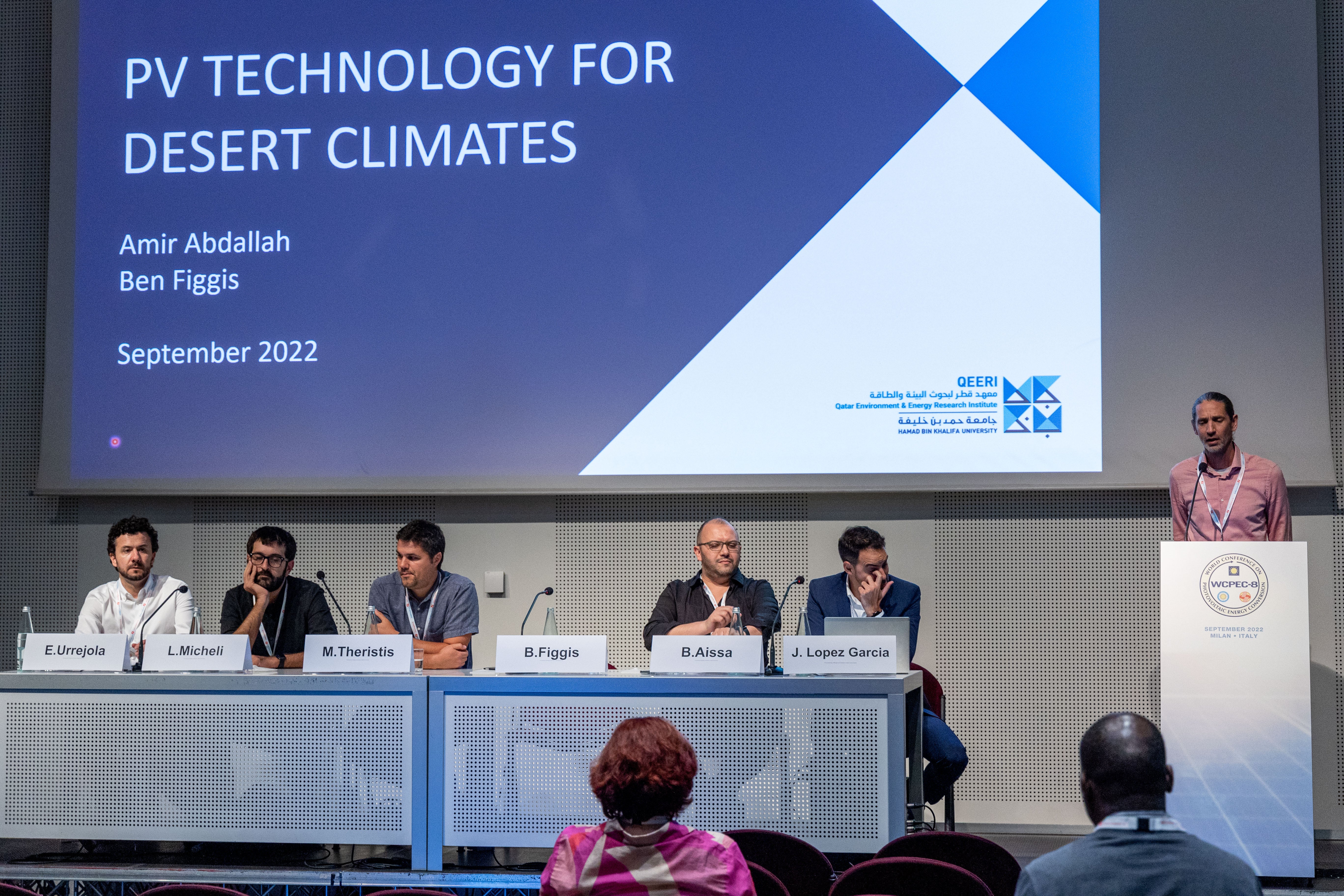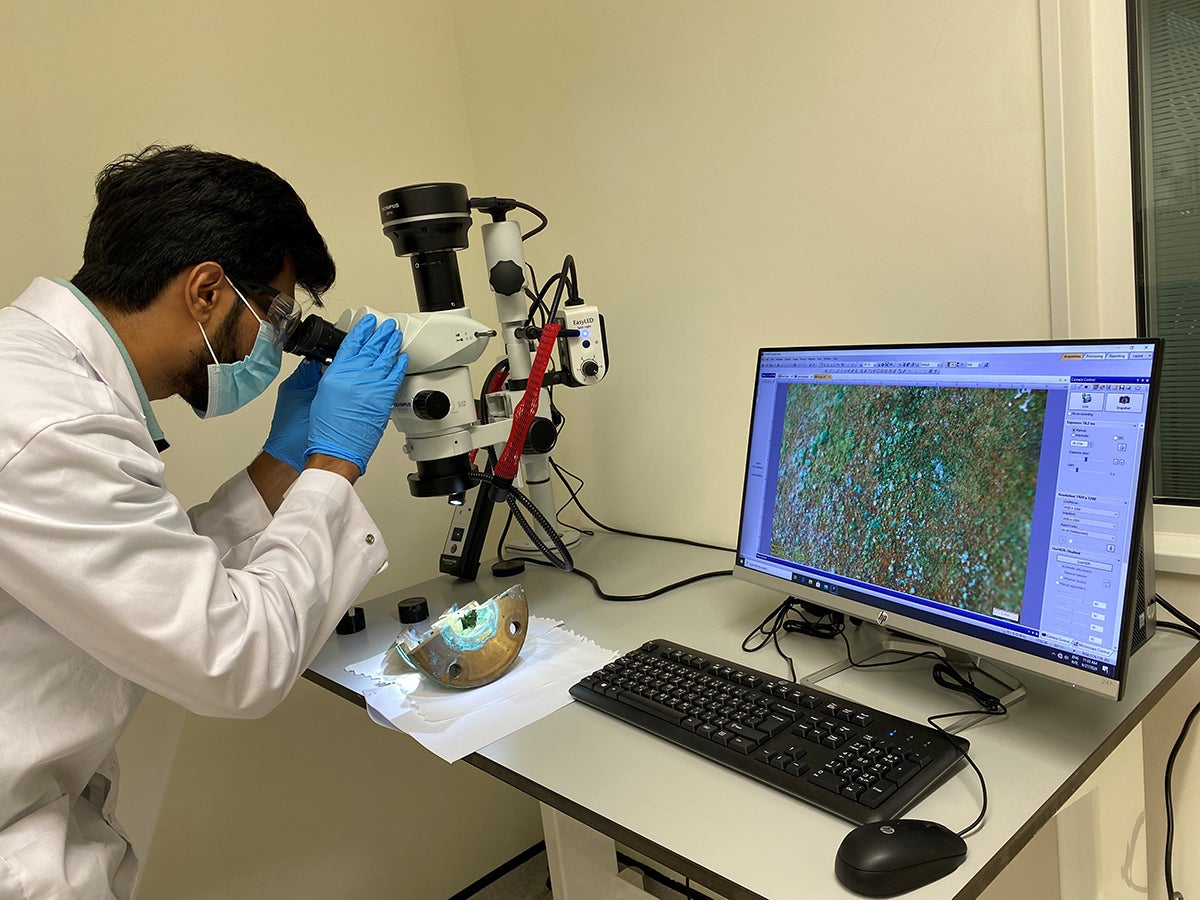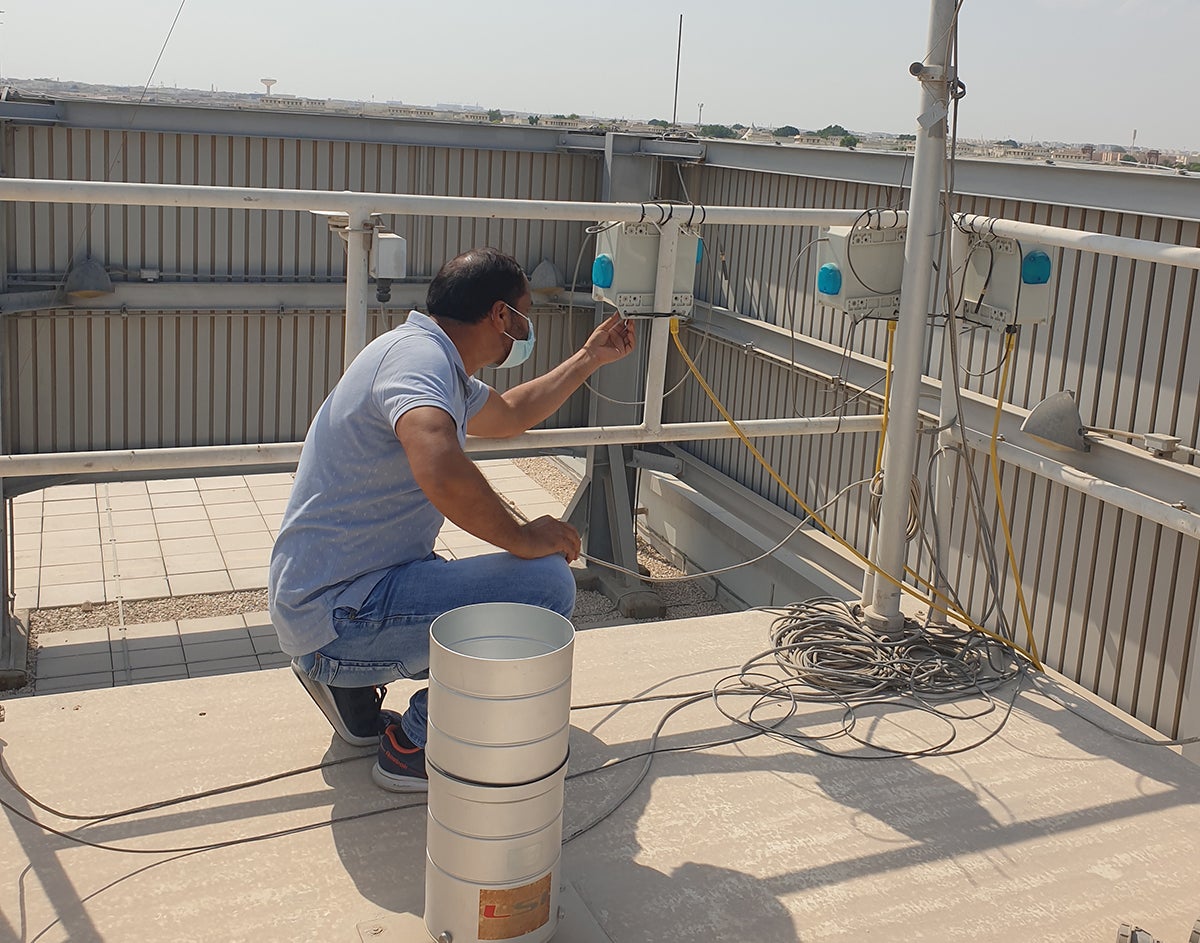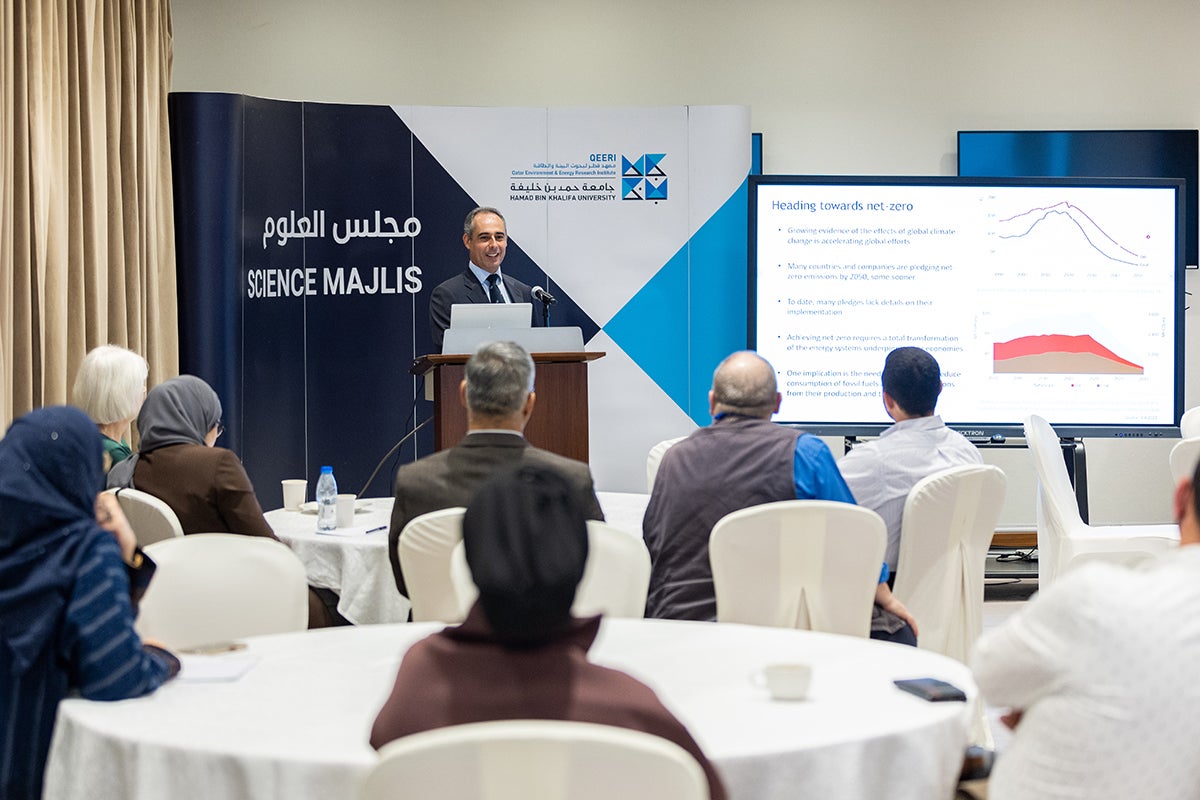Electric Vehicle Grid Integration project supporting country’s efforts to reduce carbon emissions in the transportation sector

Qatar Environment and Energy Research Institute (QEERI), part of Hamad Bin Khalifa University, is committed to supporting the country in achieving the goals outlined under the environmental pillar of the Qatar National Vision 2030 (QNV 2030) through the development of technology solutions, techno-economic assessment and policy analysis. As part of the country’s ‘Green Car Initiative’, launched by Kahramaa, QEERI is helping Qatar tackle climate change by creating a more environmentally-friendly transportation sector.
The introduction of electric vehicles in Qatar is driven by the need to substantially reduce energy-related greenhouse gas (GHG) emissions in line with national commitments under the 2015 Paris Agreement. In working toward achieving this goal, Qatar is targeting to have a 20% share of electric vehicles by 2030. Achieving this goal is not without its technical and regulatory challenges but key research provided by QEERI will assist Qatar in overcoming these challenges, and establish itself as a leading market player in the region.
Dr. Veronica Bermudez, senior research director at QEERI’s Energy Center, says: “The extreme hot, humid and dusty climate in Qatar is one of the major challenges when it comes to the introduction of electric vehicles and supporting the charging infrastructure in Qatar. QEERI’s Energy Center is addressing this through focused research, development and innovation in the areas of vehicle batteries and chargers, testing current state of the art technology and developing solutions that can increase battery performance and longevity in Qatar’s harsh climate.”
Batteries are a critical component of electric vehicles in extreme hot climates, because their degradation accelerates substantially when they are exposed to high temperatures. With his team, Dr. Pierre Kubiak, a senior scientist at QEERI’s Energy Center, has been testing commercial battery systems in the harsh climate of Qatar and has been able to assess the impact that this has on their degradation, as well as the impact of high levels of dust on the correct functioning of the associated power electronics.
“The batteries tested at QEERI so far are for stationary use, for example, at electric vehicle charging stations that are powered by solar photovoltaic panels and initial results are encouraging. Future research at QEERI will also include monitoring the performance of electric vehicles in Qatar, their power consumption and the degradation of their batteries over time,” said Dr. Kubiak.
Another team at QEERI’s Energy Center, led by senior scientist Dr. Sertac Bayhan, is focusing their efforts on developing novel fast charging technology that can operate both efficiently and reliably in extreme hot climates, through the Electric Vehicle (EV) Grid Integration project. “In order to extend the range of their vehicles, EV chargers currently tend to generate a large amount of heat during their operations, and this would mean it requires expensive cooling systems, in extreme hot climates like Qatar. QEERI is pursuing a different approach that holds the promise of efficient and reliable operation while not substantially increasing the cost of the rapid charging infrastructure,” explains Dr. Bayhan.
Apart from the technical challenges that are associated with the extreme hot climate of Qatar, the introduction of electric vehicles faces multiple regulatory and market barriers. Dr Marcello Contestabile, QEERI’s Principal Economist, is conducting techno-economic and policy analysis of electric vehicles: “The economics of electric vehicles in Qatar is affected by the absence of taxation on conventional vehicles and fuels, and the lack of incentives for households to purchase electric vehicles. This is compounded by the absence of supply-side incentives, i.e. car manufacturers are not incentivized or mandated to sell a certain number of electric vehicles in Qatar, as is the case in other markets.
“Introducing the necessary policy measures and building consumer confidence in electric vehicles will take time. In the short term, public transport and government fleets are best suited for the introduction of electric vehicles in Qatar, and this is what the government is doing.”
QEERI’s Energy Center is also working on strategies for the integration of electric vehicle chargers into Qatar’s electricity grid, assessing the impact of large-scale adoption on power generation and distribution assets, and how charging can be optimized to minimize the need for additional power generation capacity and costly grid reinforcement. As deployment of solar photovoltaic generation capacity continues to increase, electric vehicles combined with smart grid solutions can provide grid services that include frequency regulation and daily storage of excess renewable electricity.
Dr. Marc Vermeersch, Executive Director, QEERI, added: “This World Environment Day, we reiterate our commitment towards supporting Qatar in its move towards sustainability. Progressively replacing combustion vehicles including cars, trucks, and buses with electric ones will help to significantly reduce carbon dioxide emissions and improve people’s quality of life. We work closely with national and international stakeholders such as Kahramaa to support Qatar in becoming a pioneer in clean energy transportation.”
QEERI is organizing a webinar on the topic of Electric Vehicles on 17 June 2020 at 10am, which will feature a talk by Dr. Contestabile and a panel discussion moderated by Dr. Bermudez, which will also include Dr. Bayhan and Dr. Kubiak.
Related News

QEERI Presents Solar Energy Innovation at International Photovoltaic Conference

Tackling Corrosion Challenges: A Decade of Qatar Environment and Energy Research Institute








